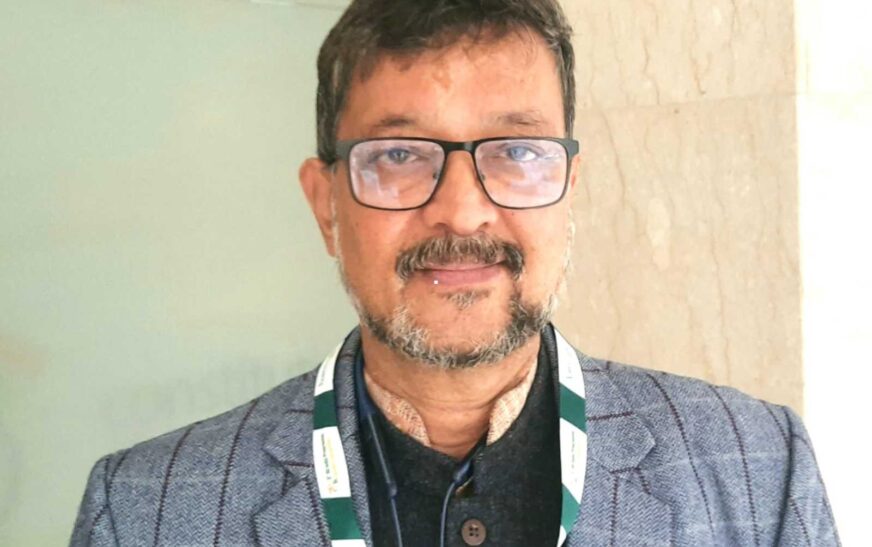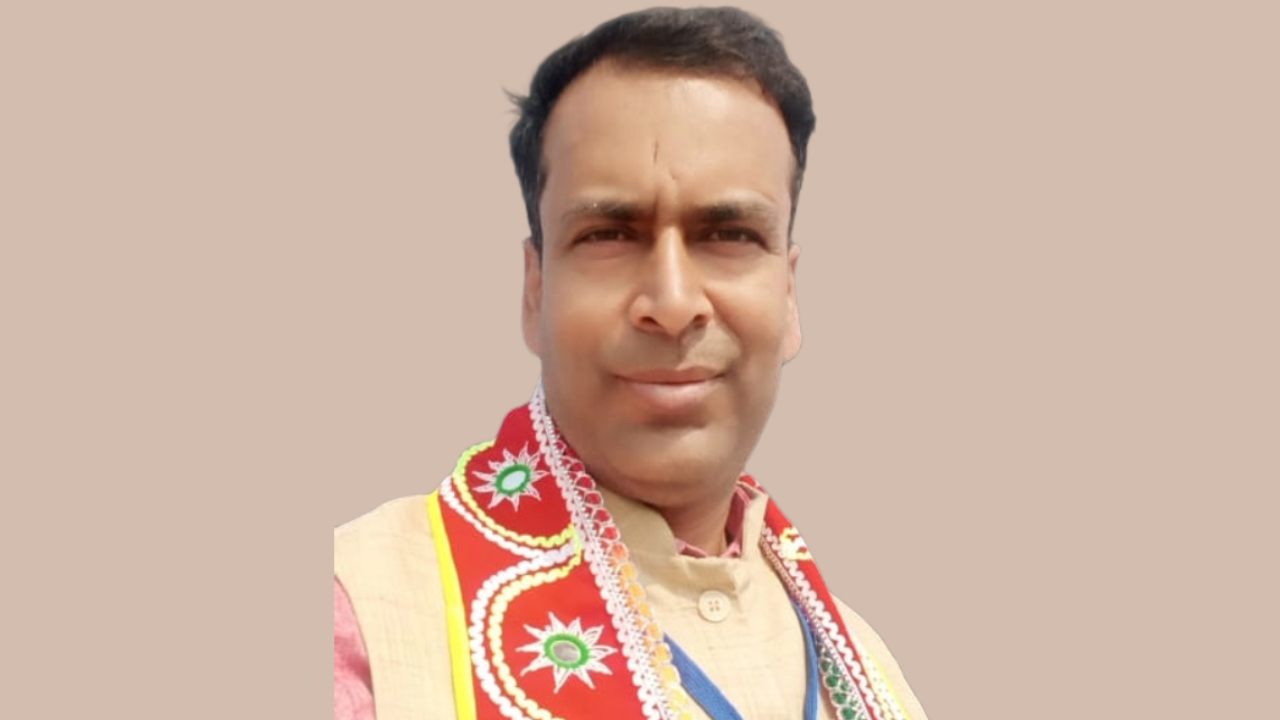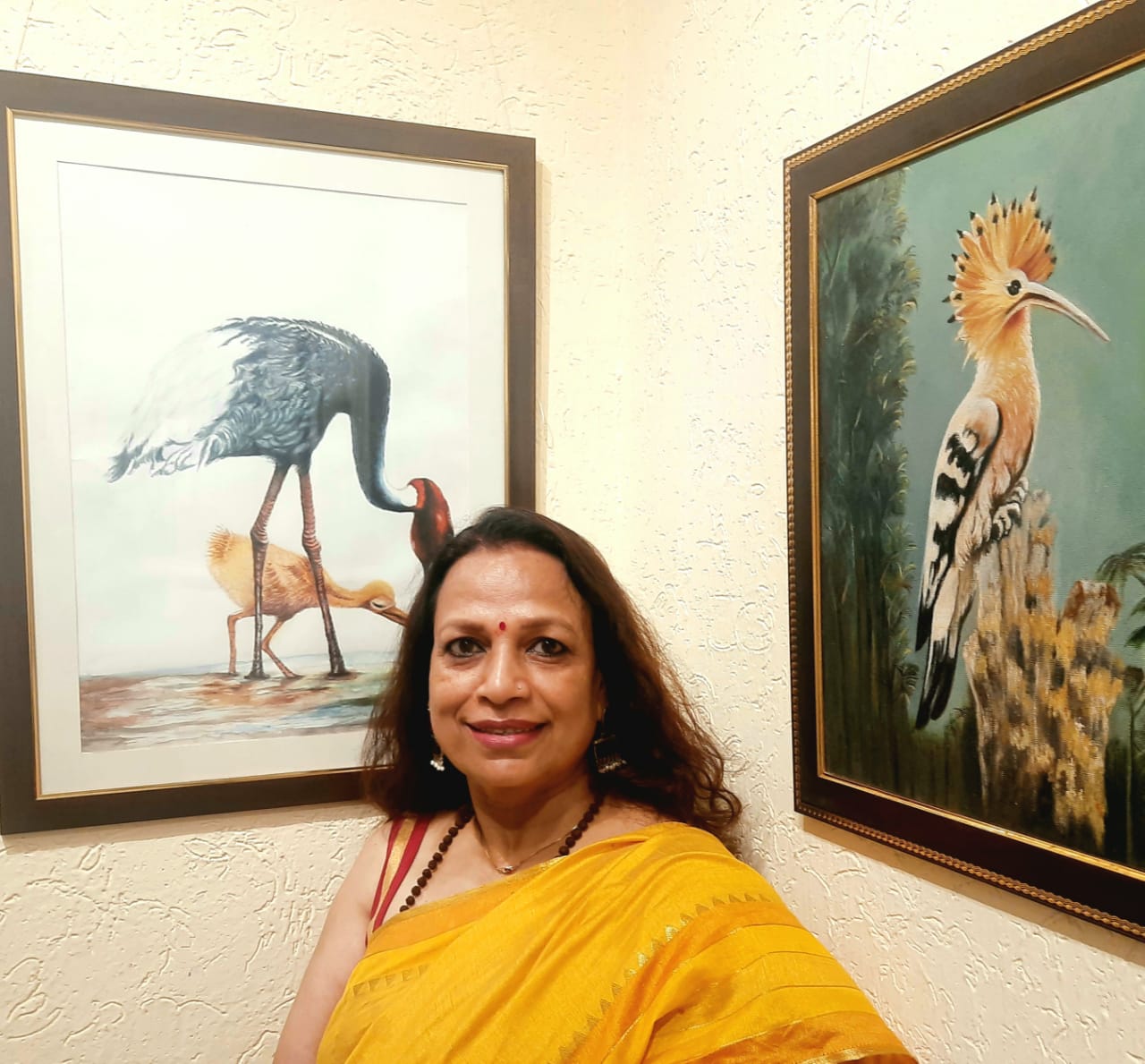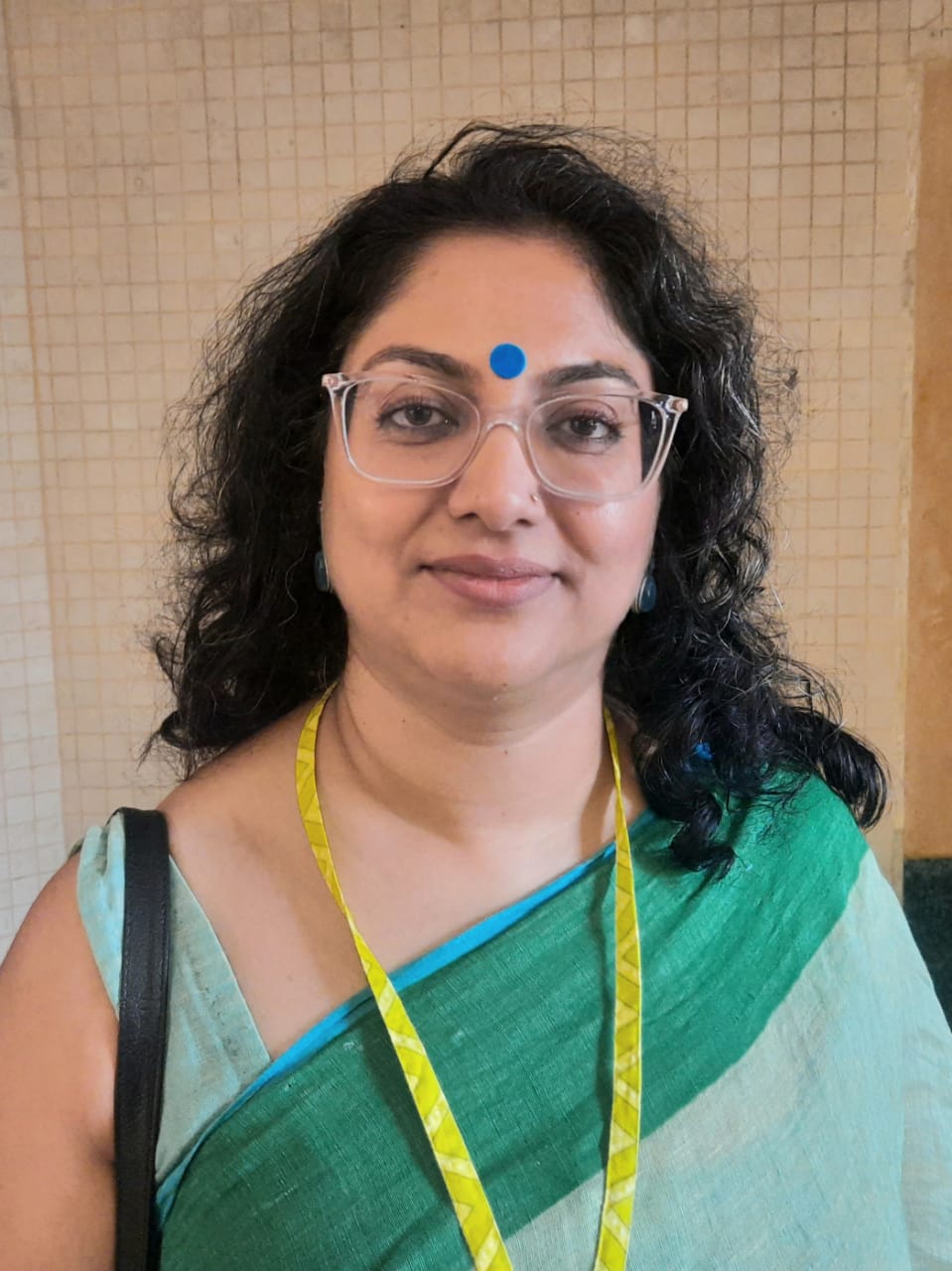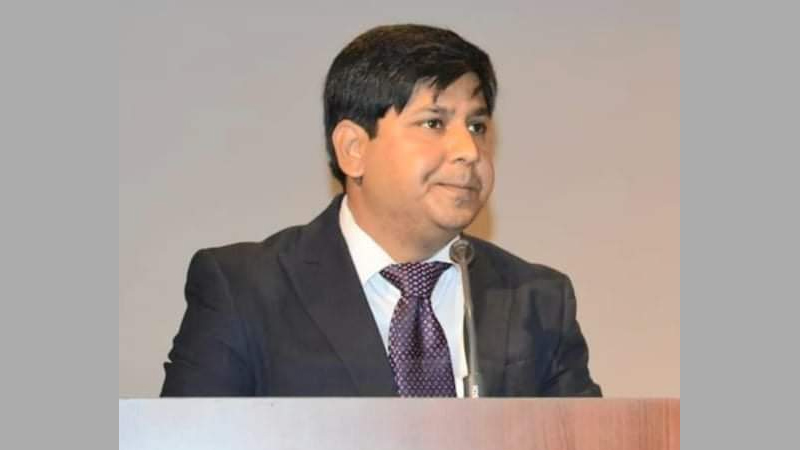The Agro Chem Federation of India (ACFI) is a non-profit organization driving progress in the Indian agrochemical sector. Acting as a bridge between the government, industry stakeholders, and the farming community, ACFI prioritizes policy advocacy to elevate Indian agriculture. It collaborates with academic institutions, farmer associations, and both governmental and non-governmental organizations to champion sustainable agriculture practices. ACFI’s mission includes aligning legislation and policies to benefit the agro-based industry, addressing challenges in the manufacturing, import, and export of plant protection chemicals, and ensuring farmers have access to high-quality agricultural inputs at affordable prices. Member companies remain steadfast in their commitment to introducing eco-friendly technologies and products that prioritize public health.
In an exclusive conversation with The Interview World, Dr. Kalyan Goswami, Director General of ACFI, sheds light on the pivotal trends, challenges, and opportunities shaping Indian agriculture. He emphasizes ACFI’s mission to fortify the agriculture sector and advocates for essential policy interventions to overcome farming challenges. Dr. Goswami also shares innovative strategies to tackle complex agricultural issues and offers actionable recommendations for farmers to reduce their dependency on fertilizers and pesticides while sustaining productivity. Here are the key takeaways from this insightful discussion.
Q: What are the key trends, challenges, and opportunities shaping the current state of agriculture in India?
A: During the Green Revolution, India used fertilizers and pesticides excessively. While I won’t delve into that debate, the outcome is undeniable: over the past 50–60 years, our soil has been severely degraded. Experts even claim that the soil has lost its life. Replacing soil is impossible—this is the first critical issue.
Secondly, the sheer volume of fertilizers and pesticides we use today poses another significant challenge to agriculture. Emerging technologies, particularly nanotechnology, offer a promising solution. By investing in nanotechnology, we can drastically reduce the quantity of pesticides and fertilizers required without compromising their effectiveness or efficiency. The results remain unchanged, but the volume decreases substantially—a much-needed shift for sustainable agriculture.
India’s biggest obstacle, however, lies in the absence of Regulatory Data Protection (RDP). Companies investing substantial resources—sometimes as much as ₹100 crore—to develop innovative solutions face the risk of their efforts being copied. While certain molecules can’t be patented, and even with 20-year patent rights under WTO agreements, the lack of RDP discourages innovations in agriculture.
In the pesticide sector, outdated molecules dominate. Some have been in use for over six decades, far older than many of us. Fertilizers face similar stagnation, with only a limited set of molecules available. To foster innovation, the government must prioritize research and development. It should introduce tax benefits for the agrochemical sector, similar to those provided to biotechnology and pharmaceuticals. Without such support, India risks lagging in agricultural innovation, stifling progress and sustainable growth.
Q: What is the core mission of your organization, and how does it drive your initiatives and impact on Indian agriculture?
A: The Agro Chem Federation of India (ACFI) serves as a key policy organization dedicated to shaping and influencing agricultural policies. We collaborate closely with the government, assisting in the formulation of new policies and providing critical feedback on existing ones. Acting as a bridge between the government and the agrochemical industry, we ensure seamless communication and alignment. Facilitating this interface between policymakers and industry stakeholders lies at the core of our mission.
A: What specific policy interventions do you believe are necessary to address the challenges in agriculture, given your critique of the current policymaking approach?
A: I did not claim that policy-making is a farce, but the goal of doubling farmers’ income has not been realized. Why hasn’t it happened? We need to implement several measures. Simply providing Rs. 6,000 per year is not enough to uplift farmers. The government needs to offer subsidies for essential resources like sprinklers and irrigation systems. In many states, the government provides electricity free, but we must also subsidize agricultural inputs such as hybrid seeds. Some states, like Bihar and Odisha, have taken this step, and others should follow suit.
Let me give you another example: soil testing. While soil testing was promoted with great fanfare in 2016, little has been achieved since. Similarly, Farmer Producer Organizations (FPOs) started in 2002, but progress has been slow. Even today, only 8,600 FPOs are registered—far fewer than needed. The government has set a target of registering 10,000 FPOs and is allocating Rs. 15 lakhs to each one, but the results have been underwhelming. There’s little monitoring of where the funds are going, and it’s unclear whether they’re being used effectively.
The real issue is that 82% of farmers are marginal. They can only connect through FPOs, as larger farmers do not need such organizations. Furthermore, let’s discuss the Minimum Support Price (MSP). It only benefits 23% of farmers, leaving 77% without its support. These gaps in policy implementation need urgent attention and action.
Q: What solutions or strategies do you propose to navigate and resolve this complex issue?
A: I’d like to talk about that point. I do not oppose the Minimum Support Price (MSP), but making it a legal mandate through an Act is neither feasible nor beneficial for the country. Once MSP becomes legal, the government must purchase all agricultural produce. Currently, the government selectively purchases crops, but this would become a compulsion under a mandated system.
The question then becomes: how would the government manage such large-scale procurement? The logistical and financial challenges are enormous. Therefore, while the government’s current approach of offering MSP for various crops is beneficial, we must recognize its limitations.
A more effective solution would be to strengthen Farmer Producer Organizations (FPOs). By establishing more FPOs, these organizations could aggregate produce from marginal farmers and sell it at MSP, significantly improving the livelihoods of these farmers. This approach would offer a more sustainable and practical pathway to ensuring better returns for the farming community.
Q: What practices or strategies do you recommend for farmers to minimize their reliance on fertilizers and pesticides while maintaining productivity?
A: Let me clarify one important point. Recently, you’ve likely come across the issue of Maximum Residue Levels (MRL) in crops. While the government reports suggest that MRL violations occur in only 2-3% of the crops, the problem largely stems from farmers’ lack of proper training. If we examine the state of agricultural extension services in India, we find that it is a state responsibility, not a central one. Yet, as of now, only 30% of the extension vacancies are filled, leaving 70% unoccupied.
Furthermore, those who are appointed to agricultural extension roles often fail to visit villages or educate farmers. Even with advancements in agricultural technology, these extension workers themselves are not properly trained. So, who is responsible for training them? It is the government’s responsibility to equip these professionals with the knowledge of new technologies and methods. They must teach farmers how to use these innovations and when to apply pesticides. Many farmers continue to use pesticides simply because it’s tradition—what their grandfather did, what their father did, and what they now do, even when it may not be necessary.
Additionally, there is a lack of patience when it comes to pesticide application. After spraying, farmers must wait for a while to allow the pesticide to take effect, but many fail to do so. In the vegetable sector, this issue is particularly prevalent. Consumers refuse to buy vegetables if they spot insects, so farmers often spray pesticides just before harvesting.
This practice is harmful and counterproductive. In essence, awareness is the biggest hurdle in Indian agriculture. It requires comprehensive training, which organizations like ACFI are working to provide. We are collaborating with state governments and working directly with farmers in various regions. Our efforts have taken us to Maharashtra, where we worked closely with Nitin Gadkari Ji, to Haryana, where we partnered with Agriculture Minister JP Dalal, and to Himachal Pradesh, Punjab, and West Bengal. We are committed to creating awareness and training farmers to adopt better practices.


